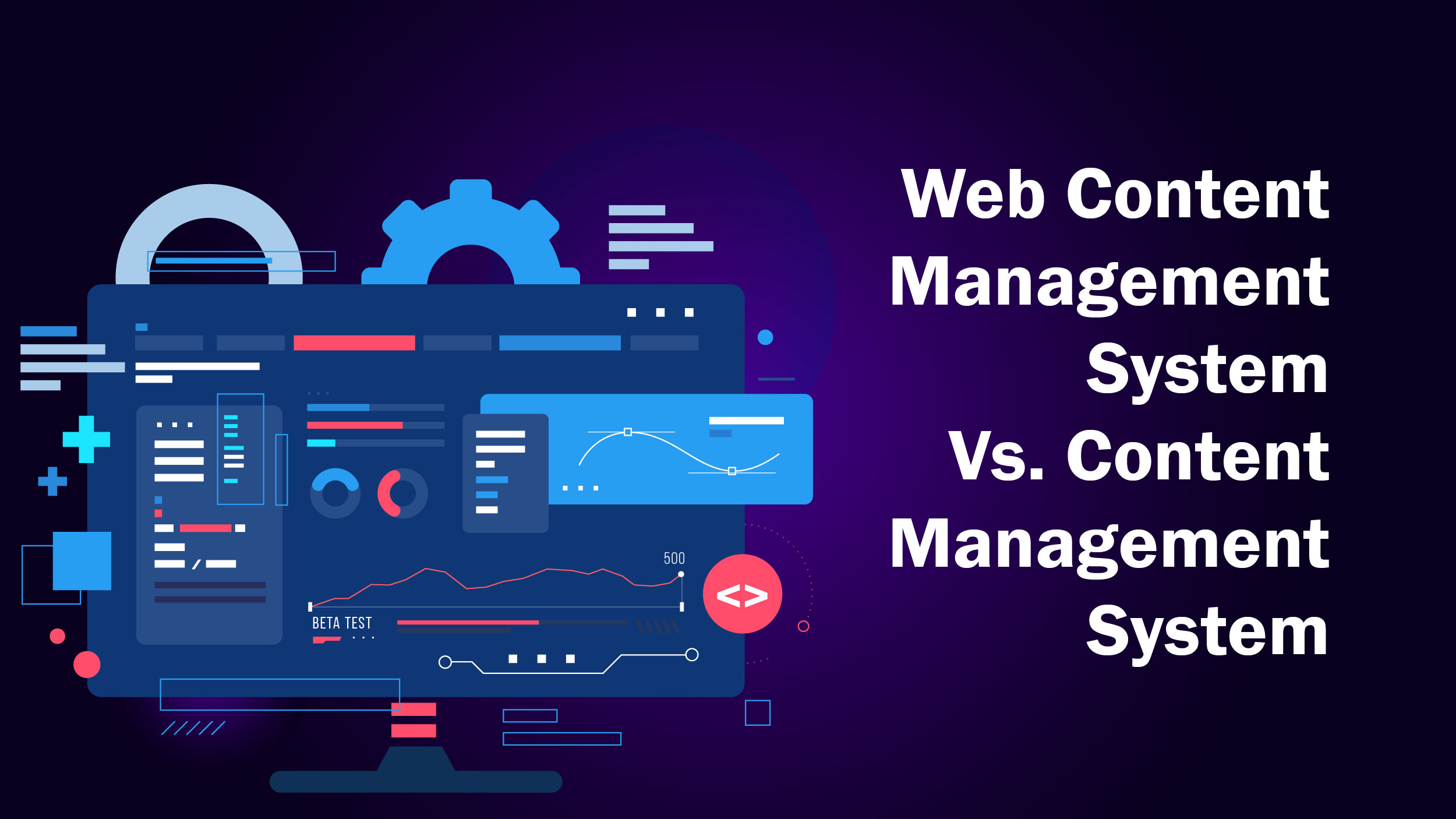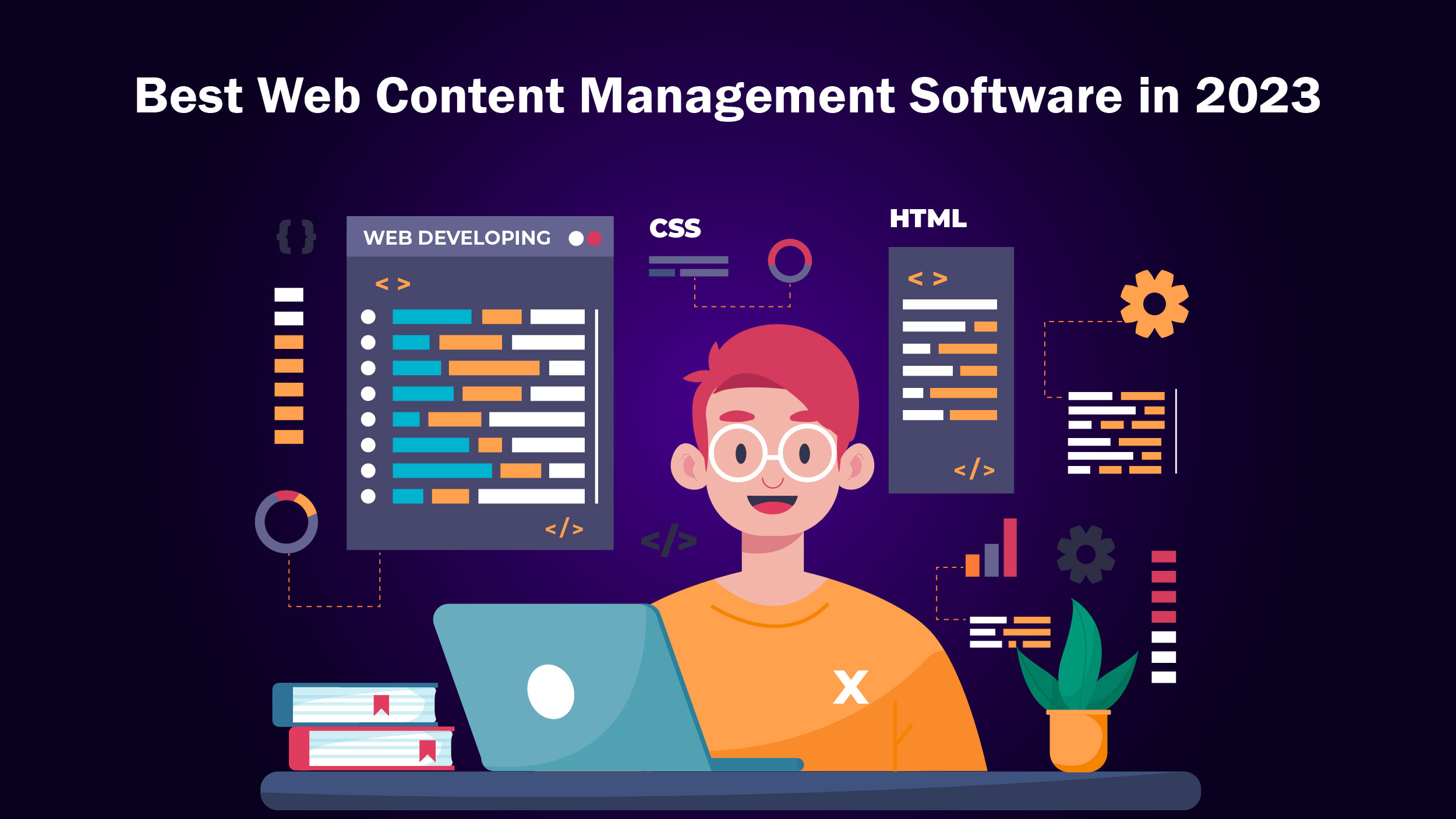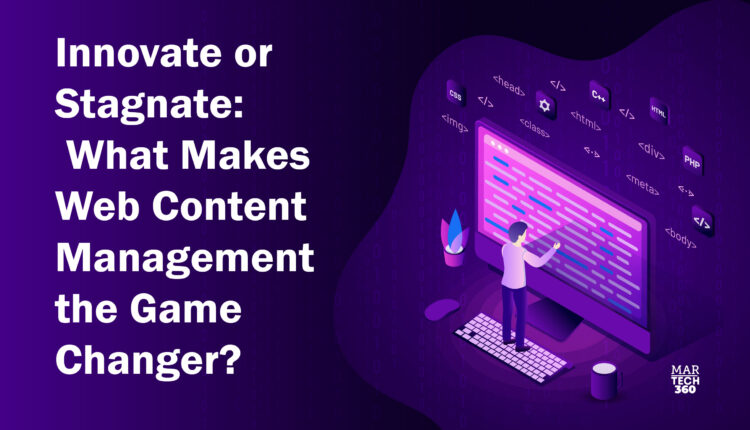Managing web content remains a top priority for businesses and organizations. Despite the proliferation of various devices and interfaces, your website remains a crucial channel. This article explores the fundamentals of web content management systems, their benefits, and their relevance in omnichannel strategies, even for those exclusively focused on web content. Understanding content management systems is vital, as terms like monolithic and headless can be confusing. Yet, they play a pivotal role in presenting your brand’s content to the world, leaving a significant impression.
Let’s get started!
What is Web Content Management?
Web content management systems (WCMS) are utilized to oversee websites, documents, and images. A content management system (CMS) aids in the creation, regulation, editing, and various other fundamental tasks involved in managing a website, all through an interface that is easy to navigate for users. This software offers authoring tools that are specifically designed to enable individuals with minimal technical expertise to effortlessly produce and oversee content.
Web Content Management System Vs. Content Management System
 CMSs and WCMSs are often used interchangeably due to their similarities. However, a CMS typically incorporates WCMS elements, leading to confusion for those seeking a content management system. WCMS falls under the CMS category. Historically, both terms referred to web content management, but nowadays, a CMS handles content for the web and all digital channels. By merging the two, you can efficiently create, oversee, and disseminate content across multiple platforms, channels, and devices.
CMSs and WCMSs are often used interchangeably due to their similarities. However, a CMS typically incorporates WCMS elements, leading to confusion for those seeking a content management system. WCMS falls under the CMS category. Historically, both terms referred to web content management, but nowadays, a CMS handles content for the web and all digital channels. By merging the two, you can efficiently create, oversee, and disseminate content across multiple platforms, channels, and devices.
Both systems have common features and functions that can enhance and optimize your content experience. Let us delve into these shared capabilities and their potential benefits.
● User administration
Most content management systems (CMSs) employ a blend of security measures based on user roles and authorization. Users typically authenticate themselves using unique usernames and passwords, with an administration interface available to facilitate the management of web content in practical situations.
By utilizing a dashboard, individuals who possess the necessary expertise are able to conveniently locate and oversee their various forms of content, including websites, as well as access analytics and performance metrics—all in one centralized place. Moreover, this centralized location allows for the establishment of workflow roles that can be assigned to aid in the efficient administration of content creation processes.
● Content management & storage
In every web content management system, it is crucial to have a seamless capability for executing content-related tasks and efficiently managing your content according to your preferences. The system equips users with the means to govern their dynamic assortment of web resources, such as HTML documents, images, and various media formats. Within the CMS, users can make edits using editing and document management tools, as well as utilize presentation tools.
● Content collaboration
In any CMS, publishing plays a vital role. It is crucial that the interface you utilize is user-friendly, enabling you to effectively organize and publish content. Moreover, it should allow for the seamless addition of images, videos, and SEO customization, including meta tag optimization, website security, sitemap creation, and header titling. Apart from this, the ability to collaborate on content assets with your team members involved in the process is equally important.
● Omnichannel in mind
CMS enables individuals to easily generate, control, modify, and delete web content without requiring extensive technical expertise. Typically utilized by content managers, a CMS facilitates the creation, transfer, and publication of website content.
Best Web Content Management Software in 2023
 When it comes to selecting the most suitable web content management software, the choice can greatly differ based on individual needs and preferences. Nonetheless, there are several widely recognized options that are frequently regarded as top-notch in this field.
When it comes to selecting the most suitable web content management software, the choice can greatly differ based on individual needs and preferences. Nonetheless, there are several widely recognized options that are frequently regarded as top-notch in this field.
1. HubSpot CMS Hub:
The HubSpot CMS Hub is a robust and intuitive content management system that provides a variety of capabilities for the creation and administration of websites. It includes functionalities for generating content, optimizing it for search engines, and customizing user experiences.
2. WordPress:
WordPress, a highly popular content management system, is utilized extensively across the globe. It provides a versatile and customizable platform for constructing websites, offering an abundance of themes and plugins to choose from.
3. Drupal:
Drupal is a powerful and highly adaptable web content management system commonly utilized for managing large and intricate websites. It provides advanced functionalities for effectively managing content, controlling user permissions, and ensuring scalability.
4. Joomla:
Joomla is a content management system that is well-suited for websites of all sizes, providing an extensive selection of extensions and templates for customization. It is known for its user-friendly interface and versatility.
5. Wix:
Wix, a widely used website-building platform, also provides a content management system. With its user-friendly drag-and-drop interface, a variety of templates, and integrated apps, Wix simplifies the process of creating and maintaining websites.
Bottom Line
Effective web content management is the cornerstone of a successful online presence in today’s digital landscape. A robust WCMS empowers businesses and organizations to seamlessly create, organize, and distribute content across diverse platforms and devices. By harnessing the capabilities of a WCMS, you not only enhance user experience but also streamline your content workflow, ultimately driving engagement, conversion, and brand loyalty. As technology continues to evolve, staying attuned to the latest trends and best practices in WCMS will be pivotal in ensuring that your digital strategy remains competitive and impactful.


Comments are closed.